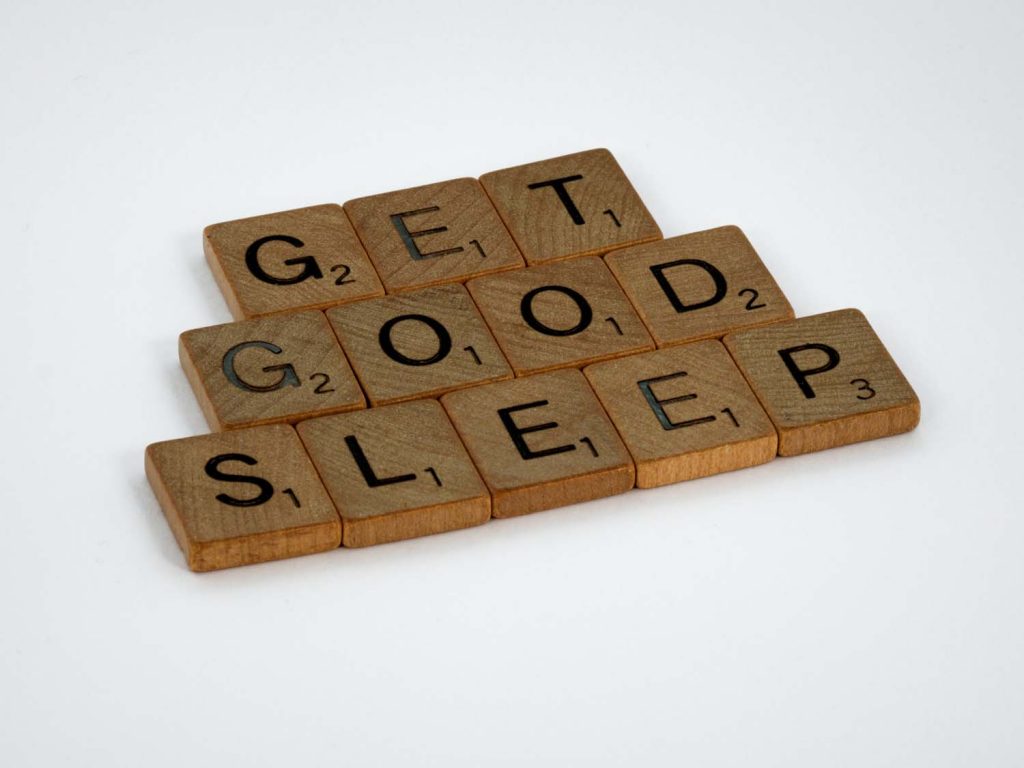
3. Health
A core concept I was taught at IIN (Institute of Integrative Nutrition) was that of Primary Food. The premise that so much of our overall health and wellness doesn’t just stem from what is on our plate but all the things off it. To put it simply: our wellness is tied up in the quality of the relationships in our lives, how happy we feel, how loved, our job satisfaction, finances, and even our sense of purpose. A person is far more likely to be conscious of eating the right foods for them if their Primary food is fulfilling. If, however, someone is battling sleep deprivation, anxiety and is feeling totally overwhelmed – they are not likely to be ensuring they are eating properly at all. This is where the Balance Wheel exercise can be helpful to ensure our Primary Food needs are being met, or at least imbalances can be addressed.
Gut Health
As a health coach I want to ensure more people know the importance of our gut health and maintaining a good gut microbiome. Research is proving that our guts are our second brains – 95% of the body’s serotonin (happy chemicals) are produced by gut bacteria. By feeding our guts with the right foods we can go a long way in supporting our physical and mental wellbeing. Try incorporating some of these foods into your diet, your gut health will thank you.
1. Prebiotic Foods – contain fibre that promote healthy bacteria growth in the gut.
- Legumes
- Oats
- Asparagus
2. Probiotic Foods – contain good bacteria for the gut
- Yoghurt/ Kefir
- Sauerkraut
- Kimchi and other fermented foods.
- Kombucha
- Miso & Tempeh
3. High Fibre Foods – there are lots and a good variety is always advised, here’s just a few.
- Chia Seeds
- Bran
- Beans and Lentils
- Berries
- Avocado
4. Anti-Inflammatory Foods – helps the body reduce inflammation.
- Cruciferous veggies (broccoli, cauliflower, kale & cabbage).
- Spinach and other leafy greens
- Salmon
- Avocado/ Olive Oil
- Green Tea
By ensuring your diet has a variety of the above, you will be going a long way to support your gut health – which in turn is helping you to be healthier and happier.
Sleep
Before I move on to my last point, I need to talk about sleep! It really is our superpower. Getting enough proper and restorative sleep is vital. You can eat all the broccoli in the world, but it still wouldn’t help your body or your mind if you are chronically sleep deprived. As adults we should aim for 8 hours a night – as a priority. Of course, if you have young babies and children (my hands up) I know this is not always the case. Do still prioritise getting sleep where you can and ask for help if and when you need it. As a Child Sleep Consultant, I work with families across the country and have seen the positive impact improving sleep for families has. I am a firm believer that a happy mummy is a happy baby.
4. Cold Water Immersion
It might not be your cup of tea (yet), but if there is one practice that has made me feel the best in the shortest amount of time, it has been cold water swimming! Now I am fully aware that cold water swimming might not be possible for everyone, but a cold shower can have the same impact with less hassle. You don’t have to make all your showers cold or have a prolonged cold shower. If I don’t have time to swim, I just make sure when I jump in the shower, I turn it to cold for 30 seconds or longer, then back to warm, and repeat a few times. I get out and feel on top of the world, ready to tackle what the day has in store for me. So why is that?
Cold Water Immersion can have the following benefits:
- Boost immunity
- Improve metabolic function
- Improve circulation
- Better/deeper sleep
- Increase energy levels
- Reduce inflammation
- Improve mood
As with anything new, start off slowly. The whole point is that it is meant to be uncomfortable, it’s pushing your body out of its comfort zone. If you are going to begin with cold showers, start off warm, then turn the tap to cold for a few seconds, and repeat, gradually building up. Focus on your breathing when it gets cold, it really helps to stay relaxed, take deep breaths and get used to the new sensations. I cannot recommend cold water enough it really can be life changing – the best part is you don’t have to go anywhere to reap the many benefits.
I hope these have been helpful in getting you started to a happier, healthier, calmer and more balanced self. If you have any questions or would like to get in touch for further advice on health, wellness or for your child’s sleep concerns then do reach out, I would love to hear from you on keri@mysleepinggrace.com. You can find more information on my website: www.mysleepinggrace.com
Sources:
Arizona Center for Integrative Medicine: “4-7-8 Breath Relaxation Exercise.”
Frontiers in Psychology: “The Effect of Diaphragmatic Breathing on Attention, Negative Affect and Stress in Healthy Adults,”
Frontiers in Psychology: “Self-Regulation of Breathing as an Adjunctive Treatment of Insomnia.”
Harvard Health Publishing: “Relaxation techniques: Breath control helps quell errant stress response.”
Nepal Medical College Journal: “Immediate effect of a slow pace breathing exercise Bhramari pranayama on blood pressure and heart rate.”
Pain Medicine: “The Effect of Deep and Slow Breathing on Pain Perception, Autonomic Activity, and Mood Processing—An Experimental Study.”
Right as Rain: “This Is Why Deep Breathing Makes You Feel so Chill.”
12 Superfoods For Gut Health And Microbiome Superfood
Main photo by Jonathan Borba on Unsplash



